I can’t imagine that Channel 4’s investigative slot Dispatches has had such an audience in living memory. On Saturday evening, many thousands of people who seldom if ever watch terrestrial television – I was one of them – will have tuned in at 9pm, just like the old days, to watch a conventional broadcast. Many thousands of these people will already have known the substance of what was in the programme, because it was a joint investigation with a good-old-fashioned newspaper – whose version of the story was published a few hours earlier and was eagerly and widely read online. Quite a moment for the so-called ‘legacy media’.
The gist of the reports, if any readers of Coffee House have managed to remain sheltered from them, is that the comedian turned ‘wellness guru’ Russell Brand has been accused of a range of offences – which he vehemently denies – from sexual assault and emotional abuse to rape, by several different women who had dealings with him in the Noughties. These allegations are the result of a long, carefully sourced joint investigation which, we can be fairly sure, all parties concerned will have sweated blood to try and make legally bombproof.
But it’s the reaction of the people who have leapt to Brand’s defence that seems to me a bigger story, even, than the allegations against Brand. Brand’s pre-emptive line of defence – he put a video out on his YouTube channel a few hours before the Channel 4 programme went out – is a cut ‘n’ paste version of the one that Donald Trump routinely advances, that the misogynistic influencer Andrew Tate fell back on when clapped in irons, and that the GB News anchor Dan Wootton used when he too was facing allegations – which he denies – of sexual impropriety.
Brand hinted that these were ‘co-ordinated attacks’ by the ‘mainstream media’
For Trump, his criminal prosecution was a politically motivated witch-hunt by the ‘Deep State’; for Tate, sex-trafficking charges in Romania were ‘the Matrix’ coming to get him; for Wootton, this was all happening ‘because GB News is the biggest threat to the establishment in decades and they’ll stop at nothing to destroy us’; and Brand, wondering whether ‘there was another agenda at play’, hinted that these were ‘co-ordinated attacks’ by the ‘mainstream media’:
‘I’m aware that you guys have been saying in the comments for a while, watch out, Russell. They’re coming for you. You’re getting too close to the truth.’
You’d think that most sensible people would simply eye-roll this desperate line of defence. But here’s the thing: in their many many thousands they did not. Social media filled with people wondering aloud why these women hadn’t complained back then, parroting the ‘innocent until proven guilty’ line as if criminal conviction was now the minimum standard of verification for a newspaper investigation, and chiming along with the line that Brand was obviously the victim of a hit-job because he posed such a threat to the ‘establishment’.
What’s more, the charge was led by a catalogue of high-profile or relatively high-profile media or social media professionals. Elon Musk and Jordan Peterson; Roger Stone, Alex Jones and Tucker Carlson; GB News’s Calvin Robinson (‘What is their motivation?’) and Bev Turner (‘This proves you are winning. You’re a hero.’); George Galloway (‘I’m no Sherlock Holmes, but I smell a giant RAT’); even the Telegraph’s Allison Pearson, before the reports were aired or published, mused that ‘my first reaction is to wonder why They [sic] are trying to silence the person’. Laurence Fox, grotesquely, quoted Pastor Niemoller.
We don’t know, of course, whether or not Russell Brand is guilty of the allegations against him. He certainly denies them. In working out whether the claims are correct or not, you can test the evidence. You can seek to pick holes in the reporting. You can, if you must, take the slightly absurd view that journalists shouldn’t report on allegations of criminality until the accused is safely in jail (ignoring though you will be the difficulties of getting sexual assault cases to trial). There are many ways to take an oppositional view of this sort of thing. But if your first reaction is to tap your nose and raise an eyebrow and, before you’ve even considered the report itself, to speculate about the motivations of the reporting, you’re a damn fool. This falls into the category that my old editor Charles Moore used to call ‘naive cynicism’: a phrase that nicely captures the self-complimenting logic of the conspiracy theorist.
If nothing the mainstream media says can be trusted by virtue of its being the mainstream media (and serving as one the agenda of the World Economic Forum, or the paedo-lizards, or Big Pharma, or the Neoliberal Establishment, or the Postmodern Marxist Deep State, or what have you), you are adrift in an entirely post-truth environment. You don’t know more than the ‘sheeple’ who watch the news and read newspapers: you know less. You’ll pick your guru, ‘do your own research’ down a YouTube rabbit-hole algorithmically serving you ever more conspiratorial content, and you’ll lose touch with the boring, fastidious, fact-based-and-needing-to-be-careful-not-to-be-sued work of professional reporters that might help you back to reality.
I haven’t seen a single piece in one of those boring and fastidious mainstream media outlets challenging the Sunday Times’s reporting, still less one making callow assumptions about its shadowy hidden agenda. But social media is crawling with the stuff. That’s a grave bifurcation. In one sense, those vaunting ‘independent media’ against the mainstream are right: old media really are fighting what sometimes looks like a losing battle with cranks on the internet.
You could conclude from this bifurcation that the mainstream media really is all in it together, and are working to suppress the truth-telling enemies of the establishment. Or you could conclude, as I do, that there is now a scarily large mass of ordinary people who’ll believe any daft thing if they’re told ‘the establishment’ is trying to suppress it; and that there are a number of social-media celebrities, from around the world and across the political spectrum, who should know better but are making a good living out of encouraging them.
Got something to add? Join the discussion and comment below.
Get 10 issues for just $10
Subscribe to The Spectator Australia today for the next 10 magazine issues, plus full online access, for just $10.


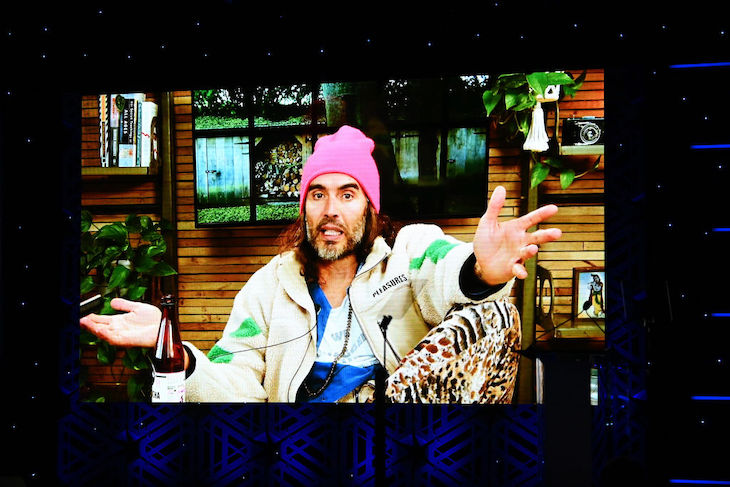
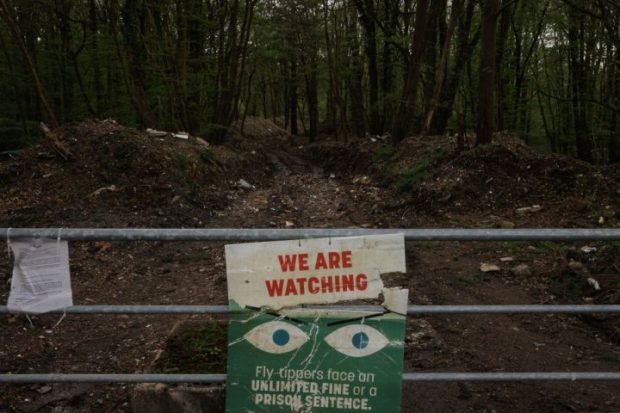
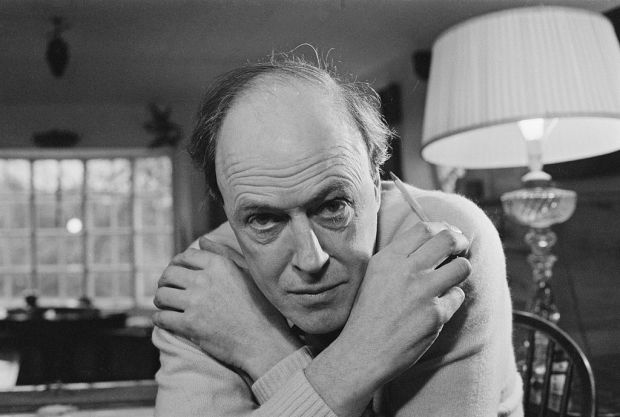
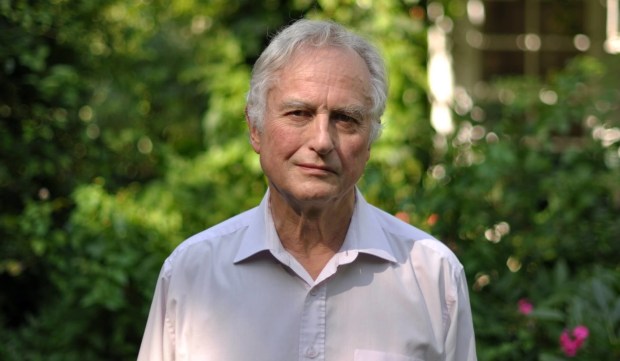

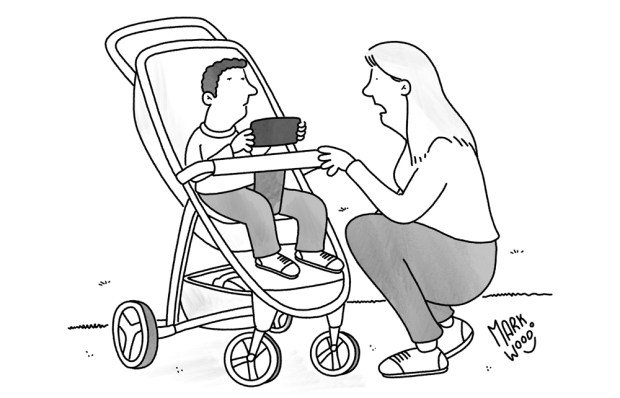
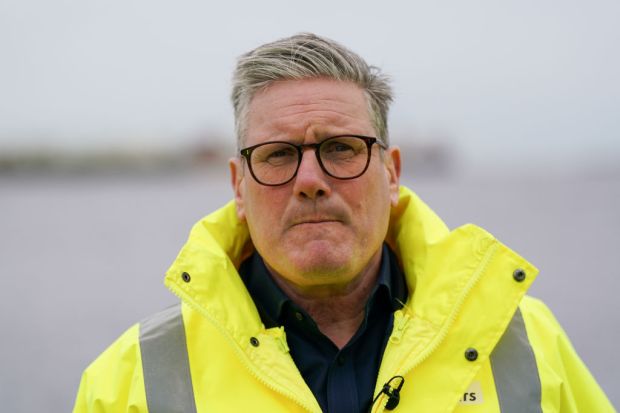












Comments
Don't miss out
Join the conversation with other Spectator Australia readers. Subscribe to leave a comment.
SUBSCRIBEAlready a subscriber? Log in